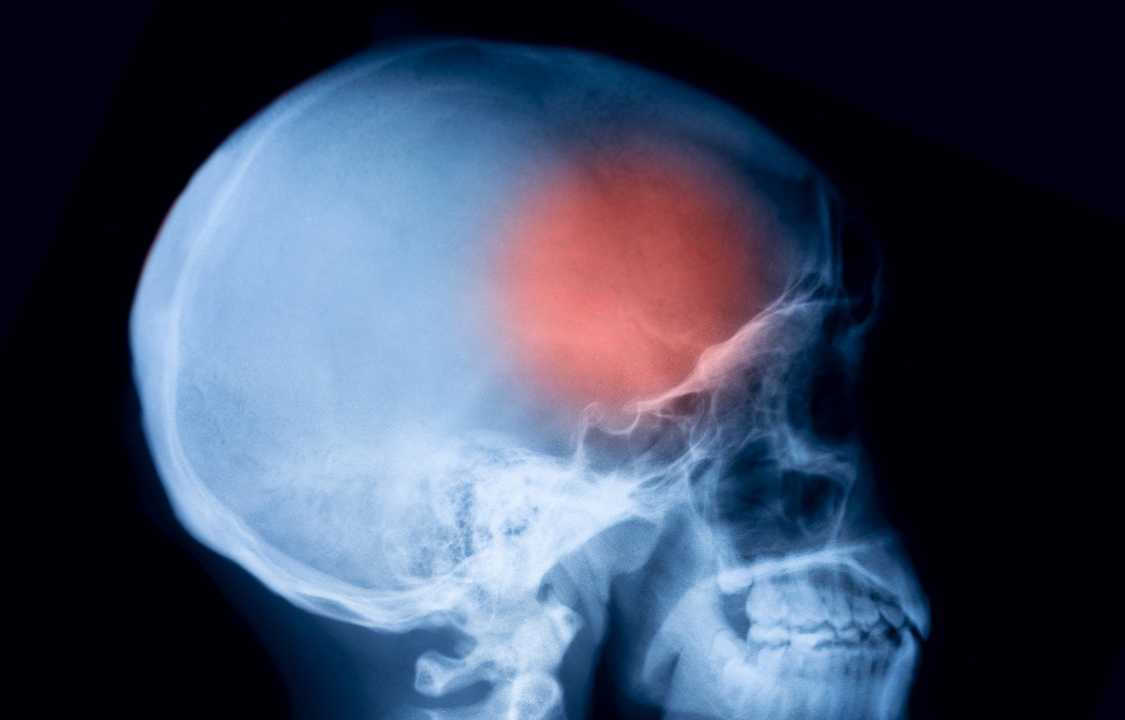Brain, Disease, Inflammation
Meningitis Overview
This form of inflammation, frequently triggered by either infection or injury, impacts the protective membrane enveloping the brain and spinal cord. In cases where a bacterial infection is suspected, prompt initiation of treatment is imperative.
Meningitis, a term that strikes fear into the hearts of many, is a condition characterized by inflammation of the meninges, the protective membranes covering the brain and spinal cord. While it can be a severe and sometimes life-threatening illness, it is crucial to understand that not all cases are caused by bacterial infections. In fact, the majority of meningitis cases in the United States are viral in origin, caused by viruses such as herpes, HIV, mumps, and West Nile virus. This article delves deeper into the various aspects of meningitis, including its types, symptoms, diagnosis, treatment, and prevention.
Types of Meningitis
1. Bacterial Meningitis:
Bacterial meningitis is a highly serious form of the disease that demands immediate medical attention. Several types of bacteria can lead to this condition, including Group B Streptococcus, Streptococcus pneumonia, Listeria monocytogenes, Escherichia coli, and Neisseria meningitidis. This type of meningitis can be transmitted from mothers to newborns during childbirth, through respiratory droplets (coughing and sneezing), or via contaminated food. Living in close quarters can also increase the risk of exposure.
2. Viral Meningitis:
Viral meningitis, while serious, is generally less severe than its bacterial counterpart. Patients with viral meningitis usually recover without specific treatment. Some vaccines are available to prevent certain viral forms of meningitis.
3. Fungal Meningitis:
Fungal meningitis is a rare form of the disease that results from inhaling fungal spores from the environment. It can be contracted through exposure to contaminated soil or animal droppings. Although uncommon in the United States, individuals with weakened immune systems are at an elevated risk.
4. Parasitic Meningitis:
Parasitic meningitis is quite rare and typically occurs when individuals ingest contaminated food or accidentally consume animal feces. Unlike bacterial and viral meningitis, this form is not contagious from person to person.
5. Non-Infectious Meningitis:
Some cases of meningitis are not triggered by infections but rather result from physical trauma, chronic diseases like cancer, lupus, or rheumatoid arthritis, or certain medications. These instances are categorized as non-infectious meningitis.
Symptoms of Meningitis
The onset of meningitis symptoms can be abrupt and severe. Common symptoms include:
- Fever
- Vomiting
- Headache
- Fatigue
- Pale skin
- Cold hands and feet
- Stiff neck
- Confusion
- Sensitivity to light
Causes of Meningitis
Meningitis typically occurs when a virus or bacterium infects the brain, spinal cord, or the meninges themselves. The infection triggers an inflammatory response, causing the meninges to swell and exert pressure on the brain and spinal cord. Different types of bacteria and viruses can cause meningitis, with some of the most common culprits including Streptococcus pneumoniae, Group B Streptococcus, and Neisseria meningitidis.
Diagnosis of Meningitis
Diagnosing meningitis involves various medical procedures. Doctors may order X-rays or CT scans to detect signs of inflammation around the brain and spinal cord. Blood tests can identify the responsible microorganism. However, a definitive diagnosis requires a spinal tap, where cerebrospinal fluid is collected to assess glucose, protein, and white blood cell levels. This fluid analysis aids in determining the cause of meningitis, whether it’s bacterial, viral, fungal, or non-infectious.
Treatment of Meningitis
1. Bacterial Meningitis:
Bacterial meningitis necessitates immediate antibiotic treatment. Close contacts of infected individuals may also receive prophylactic antibiotics as a precautionary measure.
2. Viral Meningitis:
Viral meningitis typically resolves on its own, with treatment primarily focused on managing symptoms like pain and fever.
3. Fungal Meningitis:
Fungal meningitis requires antifungal medications, usually administered intravenously in a hospital setting.
4. Parasitic Meningitis:
There are no specific medications to target the parasites causing this form of meningitis. Treatment primarily addresses symptom relief.
Prevention of Meningitis
Preventing meningitis is a key public health concern. Here are some preventive measures:
1. Vaccination:
Vaccination is crucial in reducing the risk of certain types of meningitis. Children should receive the meningococcal conjugate vaccine and a booster shot at age 16. Additional vaccines are available to protect against specific serogroups of bacteria.
2. Hygiene:
Practicing good hygiene, such as frequent handwashing, can help reduce the spread of contagious forms of meningitis.
3. Avoiding High-Risk Environments:
Individuals with weakened immune systems should avoid environments where fungal and parasitic meningitis risks are higher.
Conclusion
Meningitis is a complex medical condition with various causes, symptoms, and treatments. While bacterial meningitis is a severe and potentially life-threatening form of the disease, it is essential to recognize that viral, fungal, and parasitic meningitis exist as well. Timely diagnosis and appropriate treatment are crucial for managing meningitis effectively. Public health measures, including vaccination and good hygiene practices, play a vital role in preventing the spread of this disease and protecting vulnerable populations. Increased awareness and knowledge about meningitis can contribute to better outcomes for individuals at risk.
Viral meningitis is the most common form and is typically less severe than bacterial meningitis. It is often caused by common viruses like enteroviruses and herpesviruses. Fungal and parasitic meningitis, on the other hand, are less common but can be particularly dangerous in individuals with weakened immune systems.
Common symptoms of meningitis include fever, headache, neck stiffness, and sensitivity to light. In severe cases, it can lead to seizures, coma, and even death. Therefore, early recognition of symptoms and prompt medical attention are essential.
Vaccination against certain bacteria like Neisseria meningitidis and Streptococcus pneumoniae can help prevent bacterial meningitis. Practicing good hygiene, such as frequent handwashing, can reduce the risk of viral transmission. For fungal and parasitic meningitis, prevention primarily involves managing underlying conditions that weaken the immune system.
In conclusion, meningitis is a multifaceted disease that demands attention not only from the medical community but also from the public. Knowledge about its various forms, causes, and prevention methods can significantly impact the well-being of individuals and communities alike.

